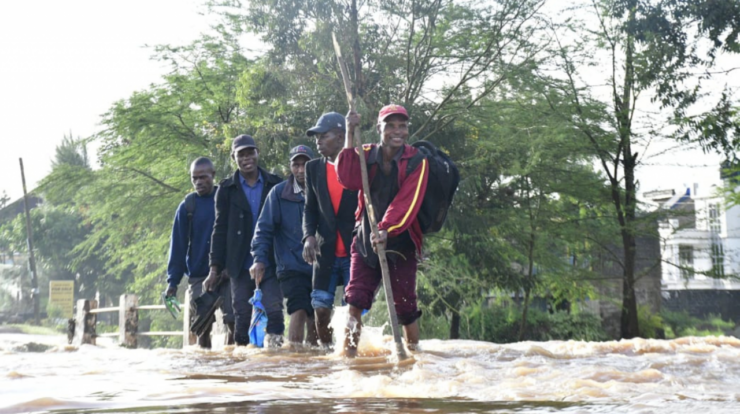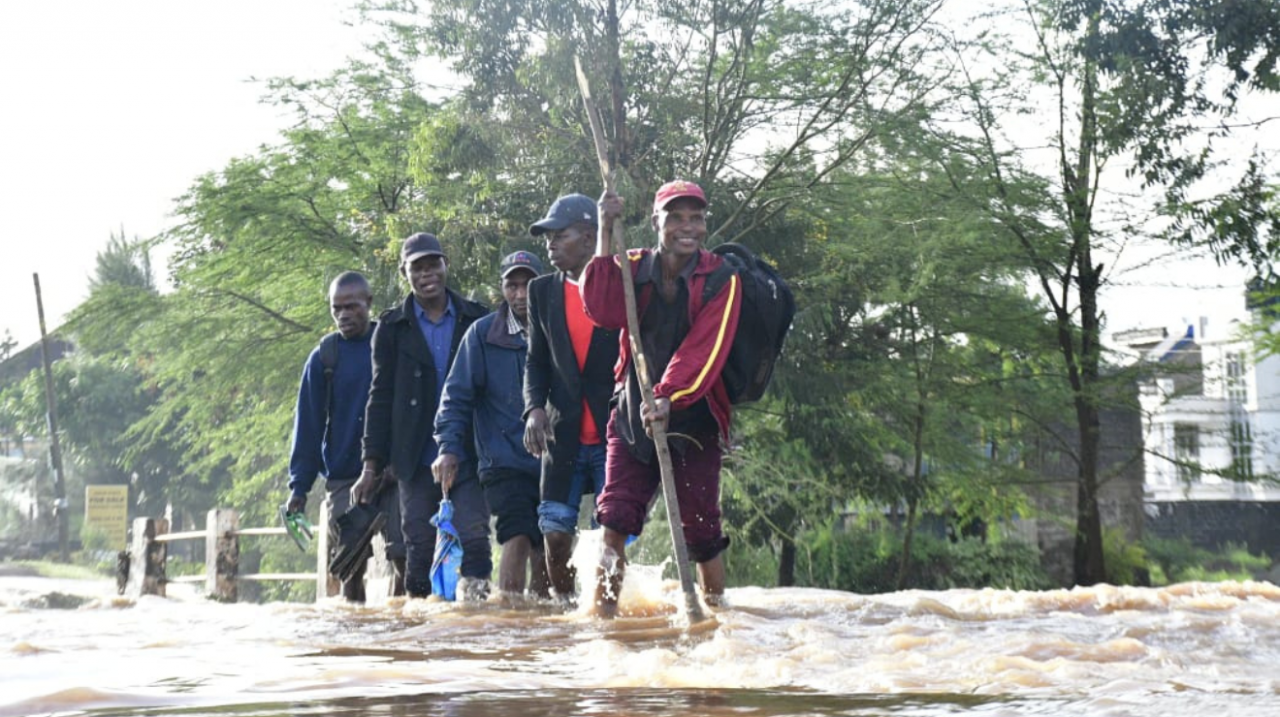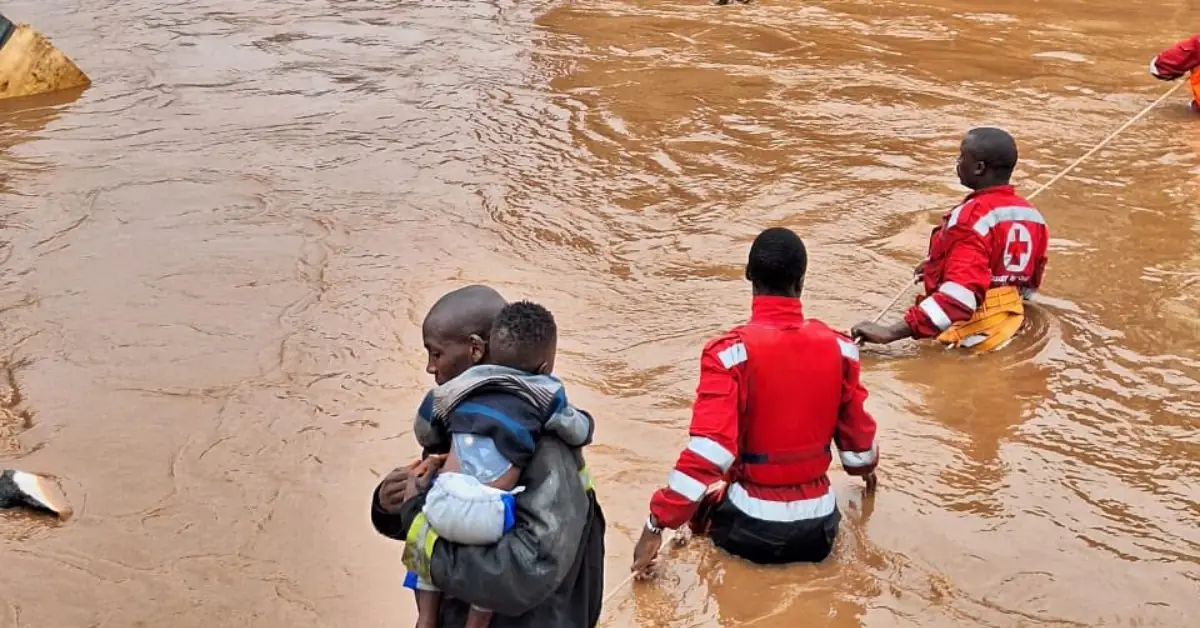
Kenya nairobi flooding – Kenya’s capital city, Nairobi, has been plagued by severe flooding in recent years, causing widespread damage and disruption. This ongoing crisis demands urgent attention and comprehensive solutions.
Flooding in Nairobi is a multifaceted issue with a complex interplay of factors, including heavy rainfall, inadequate drainage systems, and environmental degradation. The consequences are far-reaching, affecting infrastructure, health, and the city’s overall economic vitality.
Nairobi Flooding Overview: Kenya Nairobi Flooding

Flooding is a recurring challenge in Nairobi, Kenya, causing significant damage and disruption to the city and its residents. Historical data shows that heavy rainfall events, combined with poor drainage systems and deforestation, have contributed to the severity of flooding in Nairobi.
The impact of flooding in Nairobi is widespread, affecting both the economy and the well-being of the population. Economic losses due to infrastructure damage, business interruptions, and loss of property are substantial. Flooding also poses health risks, as it can lead to the spread of waterborne diseases and increase the risk of drowning.
Causes of Flooding in Nairobi, Kenya nairobi flooding
- Heavy rainfall:Nairobi experiences heavy rainfall during the rainy seasons, particularly in April-May and October-November. These intense rainfall events can overwhelm the city’s drainage systems, leading to flooding.
- Poor drainage systems:Nairobi’s drainage systems are inadequate to handle the volume of rainfall during heavy downpours. Clogged drains and blocked waterways prevent water from draining effectively, resulting in flooding.
- Deforestation:Deforestation in the Nairobi area has reduced the natural absorption capacity of the land, contributing to increased runoff and flooding. Trees help to absorb rainfall and slow down the flow of water, reducing the risk of flooding.
Impact of Flooding on Nairobi
- Economic losses:Flooding can cause significant economic losses due to damage to infrastructure, disruption of businesses, and loss of property. The city’s economy is heavily affected by flooding, as it can disrupt transportation, communication, and other essential services.
- Infrastructure damage:Flooding can damage roads, bridges, buildings, and other infrastructure. This damage can lead to transportation disruptions, power outages, and water contamination.
- Health risks:Flooding can pose health risks to the population. Stagnant water can become breeding grounds for mosquitoes, increasing the risk of malaria and other waterborne diseases. Flooding can also lead to drowning, particularly in informal settlements where housing is often located in flood-prone areas.
- Social disruptions:Flooding can disrupt social life in Nairobi. Schools, hospitals, and other essential services may be closed due to flooding, affecting access to education, healthcare, and other basic needs.
Final Review

Addressing the flooding crisis in Nairobi requires a multifaceted approach involving government initiatives, infrastructure improvements, and community engagement. Embracing technological advancements and fostering international collaboration can also provide valuable insights and best practices. By working together, Nairobi can mitigate the impacts of flooding and build a more resilient city for its residents.
FAQ Compilation
What are the primary causes of flooding in Nairobi?
Nairobi’s flooding is primarily attributed to heavy rainfall, poor drainage systems, and deforestation.
What are the economic impacts of flooding in Nairobi?
Flooding in Nairobi leads to significant economic losses due to infrastructure damage, business disruptions, and reduced productivity.
How is technology being used to manage flooding in Nairobi?
Nairobi is leveraging technology through early warning systems, flood mapping, and remote sensing techniques to enhance flood management.





